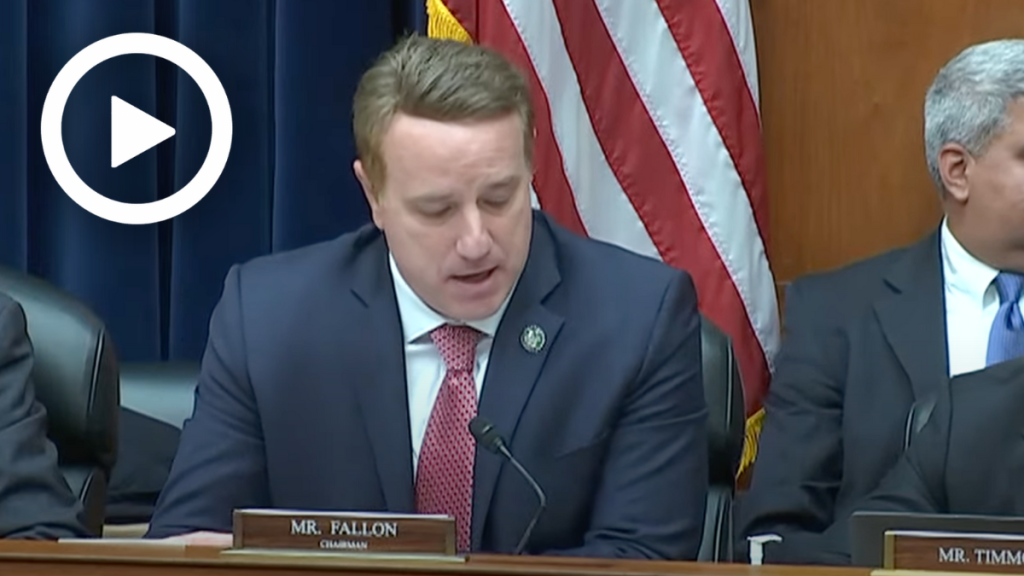Mace & Fallon: Combating Malicious Ransomware Attacks Critical to Protecting U.S. Citizens, Businesses, and National Security Interests
WASHINGTON – Subcommittee on Cybersecurity, Information Technology, and Government Innovation Chairwoman Nancy Mace (R-S.C.) and Subcommittee on Economic Growth, Energy Policy, and Regulatory Affairs Chairman Pat Fallon (R-Texas) delivered opening remarks at today’s joint hearing titled “Combating Ransomware Attacks.” Subcommittee Chairs Mace and Fallon highlighted the present and growing threat of ransomware attacks which have targeted government institutions, education centers, and healthcare systems. The subcommittee chairs emphasized the need for the federal government to work with law enforcement partners to protect U.S. businesses and combat ransomware attacks, given a vast majority of attacks originate within hostile foreign nations.
Below are key excerpts from Cybersecurity, Information Technology, and Government Innovation Subcommittee Chairwoman Nancy Mace’s remarks.
“Cyber-attacks come in different forms, but today we’re focusing on ransomware attacks. These are intended to deny users access to files or entire computer systems. The perpetrators pledge to restore access if a ransom is paid. They may also charge ransom for not disclosing sensitive data they have stolen.”
[…]
“The problem shows no signs of going away. Malicious actors are constantly searching for areas of vulnerability. At the height of Covid, other favored targets became hospitals and schools. Even the ransomware supply chain has expanded. Hackers now offer ‘ransomware as a service’ to other criminal enterprises. The bottom line is that it’s too easy today for malicious actors to do too much damage and make too much profit with too few consequences.”
[…]
“So, we need to engage in this fight at all levels. Schools, hospitals and businesses can’t fight a battle alone against adversaries launching attacks from enemy nation states like Russia and China. It’s going to take effective partnerships, including with federal law enforcement. And that includes figuring out how to better collect and share information about the attacks and the attackers.”
Below are key excerpts from Economic Growth, Energy Policy, and Regulatory Affairs Subcommittee Chairman Pat Fallon’s remarks.
“Americans rely on technology every day. However, if jeopardized, there can be far-reaching implications for the individuals, companies, employees, and communities that technology supports. While ransomware attacks digital files and holds data hostage until a ransom is paid, the true cost of cyber-attacks goes well beyond simply the money surrendered to perpetrators.
[…]
Following an attack, institutions may have to completely re-outfit their entire IT infrastructure, scrambling to redirect funds earmarked for other investments such as more teachers or improved medical technologies. Congress should be very concerned with where these attacks are originating, because the vast majority are coming from Russia. And when these sorts of attacks target essential sectors—like the electrical grid or hospital systems—they endanger public health and safety.”

